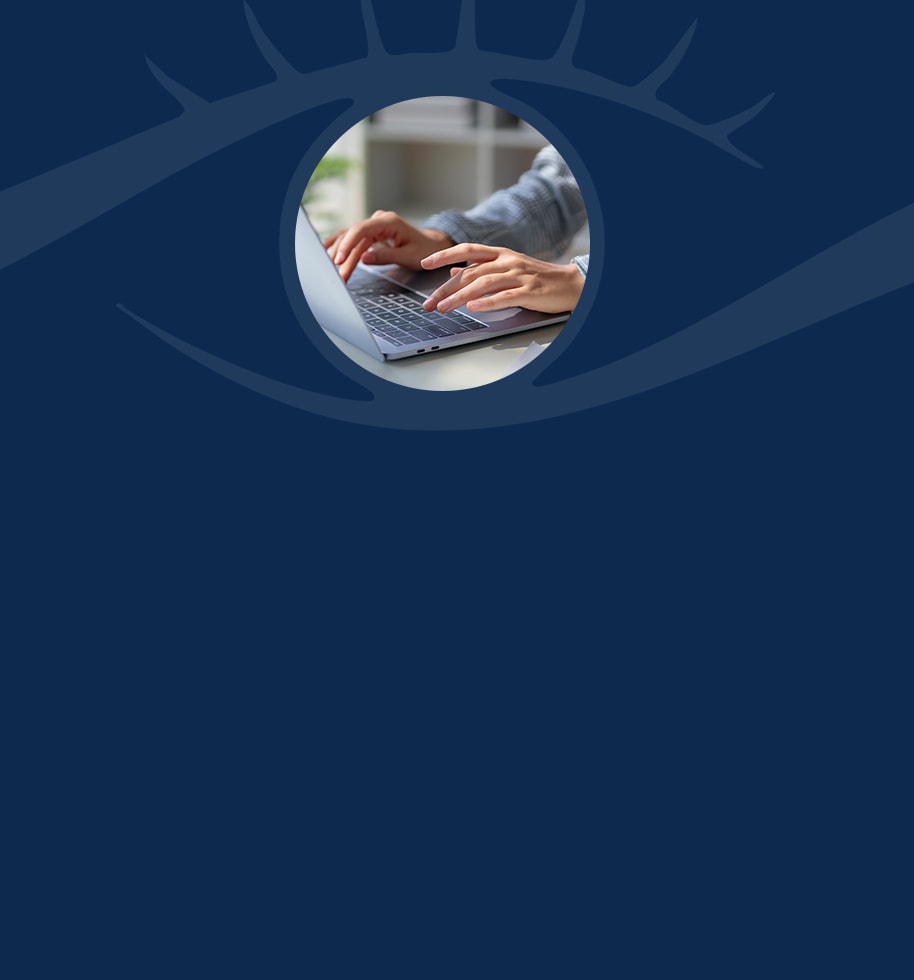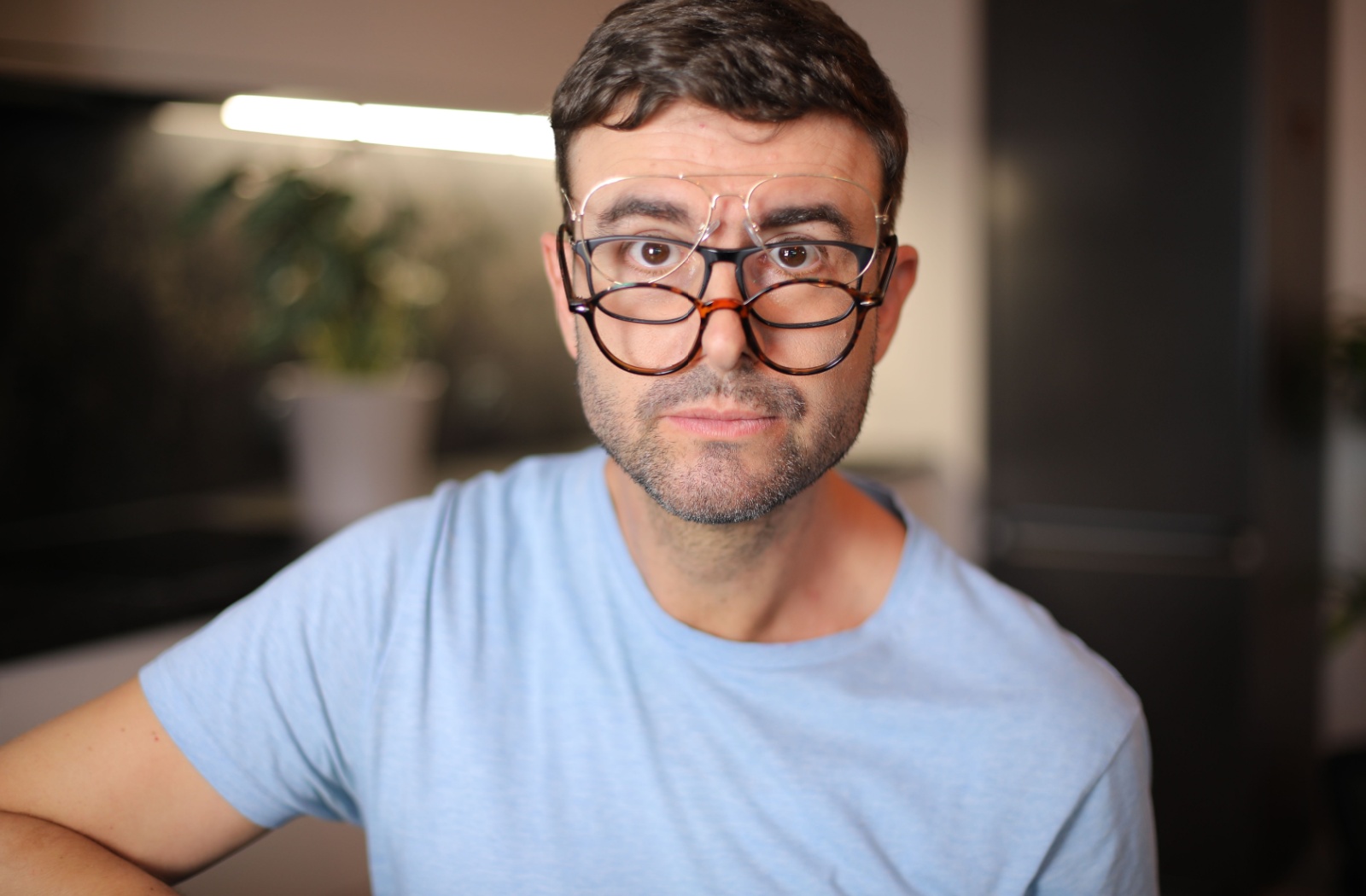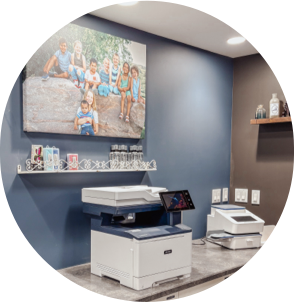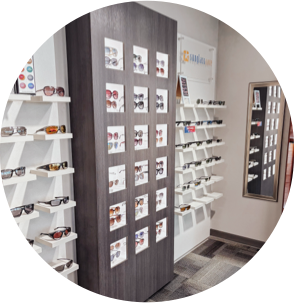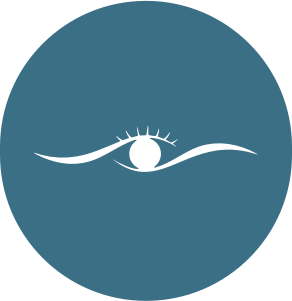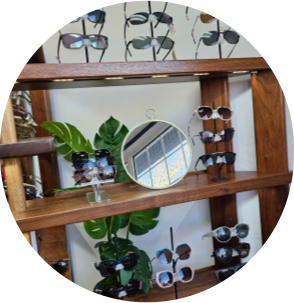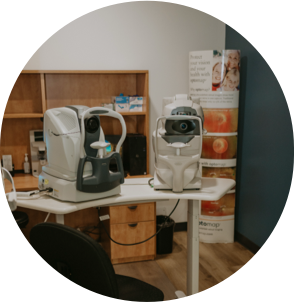Good vision is integral to our quality of life. It influences how we interact with the world, from enjoying family moments to performing everyday tasks. However, despite its importance, many people experience common eye issues like nearsightedness (myopia), farsightedness (hyperopia), and astigmatism.
One persistent myth that continues to bewilder many individuals is whether wearing glasses can actually make your eyes worse over time. This misconception often leads to unnecessary anxiety and some people choose to avoid vision correction, despite the dangers that can pose.
In reality, wearing the appropriate prescription glasses can help alleviate strain and improve visual clarity, allowing you to see the world as it’s meant to be seen. Your optometrist is here to help you find eyewear suitable for your needs!
How Vision Works
Our eyes are marvels of biological engineering. Light enters through the cornea, passes through the pupil, and is focused by the lens onto the retina, which then sends signals to the brain to create images. This intricate process allows us to see the world in vivid detail.
While this is ideally how things go, occasionally something goes wrong in the process. This could be because your eye is too long, so light focuses in front of the retina, or your eye could be too short—whatever the case, these conditions are known as refractive errors and they’re the key issues glasses seek to solve.
The types of refractive errors include:
- Nearsightedness (Myopia): Difficulty seeing distant objects clearly. Caused by the eye being too long or the cornea being too curved.
- Farsightedness (Hyperopia): Difficulty seeing close-up objects clearly. Caused by the eye being too short or the cornea being too flat.
- Astigmatism: A condition where the cornea’s irregular shape causes blurred vision at all distances.
- Presbyopia: A natural hardening of the eye’s lens which makes it harder to see things up close.
Your optometrist can diagnose these errors during an eye exam and recommend solutions to help your family see clearer, including prescribing glasses.
Debunking the Myth: Do Glasses Make Your Eyes Worse?
One prevalent belief is that wearing glasses weakens the eye muscles, leading to increased dependence on them over time. This notion suggests that the eyes become lazy and reliant on corrective lenses, causing a decline in natural visual abilities. However, this idea is fundamentally flawed.
The truth is that eye muscles function independently of the corrective lenses you’re wearing; they adjust to focus on objects with or without glasses. The primary role of glasses is to aid in focusing light properly onto the retina. They adjust how light enters your eyes, helping it focus correctly on the retina.
This correction improves clarity but doesn’t alter the underlying eye structure. Hence, glasses do not cause the eyes to weaken; they merely compensate for existing imperfections.
The belief that glasses can weaken eyes likely stems from observing people who seem to become more dependent on them over time. However, this correlation does not imply causation. Rather, your vision changes as you age. Kids with myopia’s eyes are still growing so their vision can worsen. That’s why treatment for myopia should include myopia control, which can slow its progression and preserve more of their precious sight.
But what about older adults? Your eyes are still changing! Around 40, the eye’s lens begins to harden, making it harder to focus on nearby objects. This is called presbyopia, and many people with it adjust by wearing reading glasses when they need to see something close up—even if they already wear glasses for a separate vision problem.

When Do Glasses Not Help?
For many conditions, glasses are indispensable. They provide clear vision for those with myopia, hyperopia, astigmatism, and presbyopia, making everyday activities safer and more enjoyable.
Not every vision issue requires glasses. For instance, minor refractive errors might not need correction if they don’t significantly impact daily life. In some cases, lifestyle adjustments can improve symptoms without the need for glasses.
Sometimes, wearing glasses that don’t fit right or have the wrong prescription can make your eyes worse. You might deal with things like:
- Headaches
- Eye fatigue
- Blurred vision
- Excessive tearing
If it’s been over a year since your last eye exam and you wear glasses, it might be time to get a new prescription. Outdated glasses can lead to discomfort and strain.
If you’re feeling any discomfort, don’t hesitate to see your optometrist. This could be a sign of a more serious issue or that you need an updated prescription. Keep your eyes healthy by staying proactive!
Tips for Maintaining Good Vision with Glasses
For those who wear glasses, here are some good practices:
- Proper Care: Clean your glasses regularly with a microfiber cloth and appropriate lens cleaner. This prevents smudges and dirt buildup, which can impair your sight and cause eye strain.
- Fit and Comfort: Ensure your glasses fit well on your face and provide comfort for prolonged use. This includes checking that the frames are not too tight or too loose, and that the lenses are positioned correctly in front of your eyes.
- Follow Prescription Updates: Keep up with any changes in your prescription by scheduling regular eye exams. Staying informed about your vision needs can help you avoid eye strain and help you get the most out of your glasses.
Remember, eye exams aren’t just for when you think something’s wrong. By visiting regularly, they help detect issues early, before they become severe.
Busting Myths with Prairie Vision
Now you know that wearing glasses doesn’t make your eyes worse! They’re a valuable tool in correcting vision and improving quality of life.
Whether you need an eye exam, a new pair of glasses, or more burning questions answered by our knowledgeable team, Prairie Vision is here to help. Visit us today and experience the difference in your vision care.
